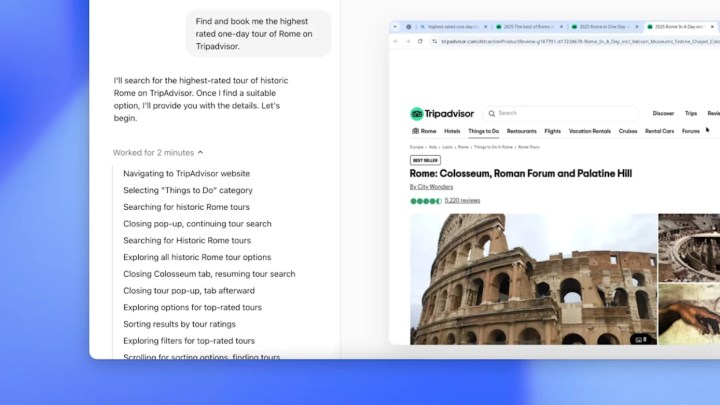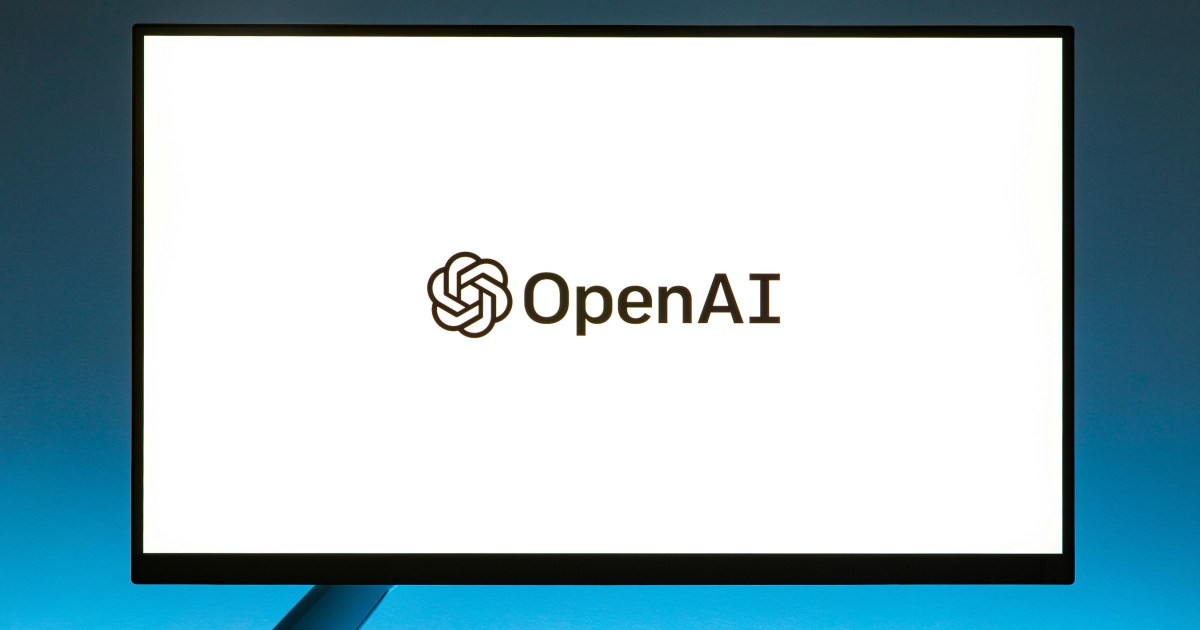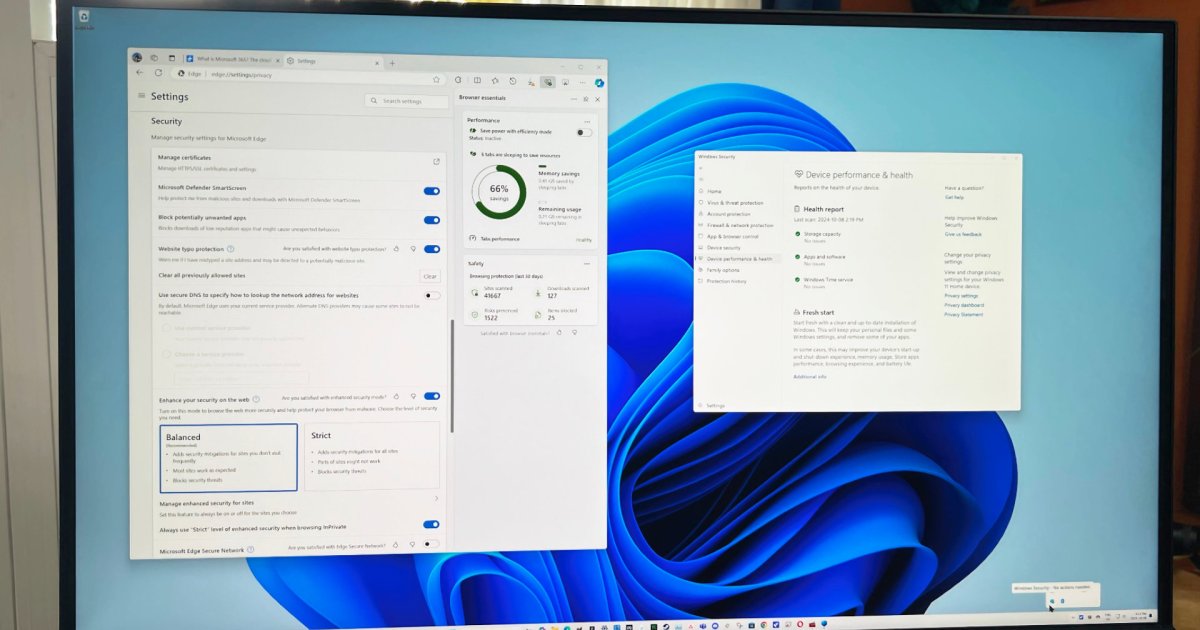OpenAI has launched Operator, its new AI agent tool, as a research preview. Based on the GPT-4o model, Operator is a Computer Using Agent (CUA) with multi-modal capabilities, including web searching and understanding search result reasoning. The initial launch, however, has encountered some challenges.
Early User Feedback and Concerns
Early users have reported issues such as slower responsiveness than demonstrated and hallucinations similar to those experienced with ChatGPT, according to Quartz. Some users even brought their complaints directly to OpenAI CEO Sam Altman on X (formerly Twitter), reporting problems with Operator’s interaction with a news website. Altman reportedly acknowledged the issue and promised a quick resolution. Whether the user’s experience was a genuine error or a hallucination remains unclear.
Another significant concern revolves around Operator’s price. Currently, access is limited to the ChatGPT Pro tier, which costs $200 per month. This high price point makes it inaccessible to many potential users. BGR writer Chris Smith, despite being a ChatGPT Plus subscriber, expressed his reluctance to pay $200 per month for Operator access. OpenAI plans to expand Operator availability to ChatGPT Plus, Team, and Enterprise tiers eventually, but the timeline remains uncertain.
 OpenAI
OpenAI
Operator’s current US-only availability has also drawn criticism, particularly from European users eager to try the tool.
Potential Security Risks and Conflicts
Beyond immediate usability issues, broader concerns exist regarding the potential security risks of AI agents like Operator. ComputerWorld highlights the possibility of these automated systems being exploited for malicious purposes, such as launching traffic attacks or bypassing CAPTCHA codes. While OpenAI asserts Operator’s security, researchers have pointed out potential conflicts with search engines like Google, which have their own data processing strategies. The interplay between AI agents and existing web infrastructure raises questions about data control and potential vulnerabilities.
The Future of Operator
Despite these early challenges, Operator’s advanced capabilities offer a glimpse into the future of AI-driven task automation. Its ability to perform complex web tasks, combined with multi-modal understanding, holds significant potential. However, OpenAI needs to address the current limitations and concerns regarding performance, cost, and security to realize Operator’s full potential. The company’s planned expansion to lower-tier subscription plans will be a crucial step in broadening access and gathering more user feedback.
The eventual success of Operator hinges on OpenAI’s ability to refine its functionality, improve its reliability, and make it more accessible. The ongoing development and user feedback will be critical in shaping the future of this promising AI agent.











